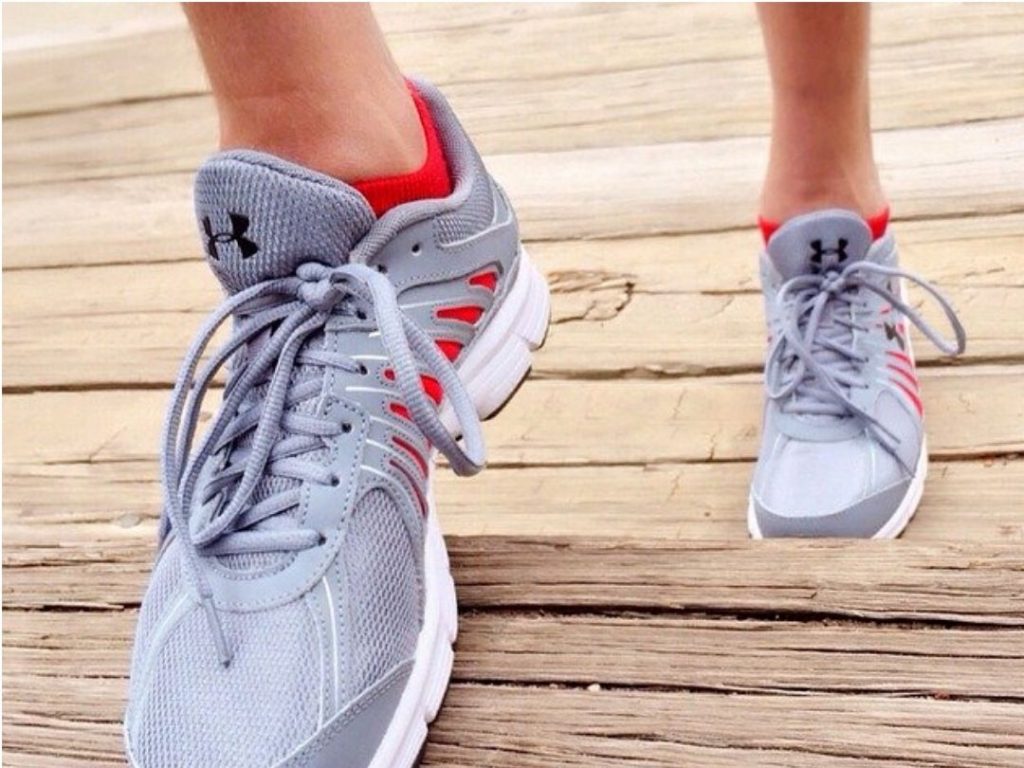
The merits of a plant based diet for athletes
If you’re an athlete or an active person and want to adopt a plant-based diet I would highly recommend doing your research before commencing. An entirely plant-based diet can very easily lack the appropriate balance of amino acids and can be deficient in some fatty acids (e.g. EPA, DHA). Some key vitamins and minerals that may also be deficient are vitamin B12, zinc and heme iron.
Furthermore, a purely plant-based diet also tends to expose people to high levels of compounds such as lectins (e.g. in beans, pulses, grains) that may damage gut membrane function, and limit nutrient absorption.
Taking all of this into consideration it is important to manage your own expectations when moving to a wholly plant-based way of eating, especially if you’re an athlete or active sports person.
What to Eat?
To that end, here are the healthiest kinds of foods to focus on to try and get the greatest range of nutrients and to minimise deficiencies:
- All kinds of vegetables, cooked and raw
- Vegetable sprouts
- All kinds of fruits, cooked and raw
- Beans and other legumes: lentils, chickpeas, black beans, pinto beans, adzuki beans
- Starchy vegetables like potatoes and sweet potatoes
- Brown rice
- Wholegrain pasta – wheat, brown rice, buckwheat or even pulse-based
- Organic whole-wheat bread, pittas, and bagels
- Other grains and seeds: bulgur wheat, buckwheat, farro, millet, quinoa, flaxseed, hempseed, chia seeds
- Oils – flax oil, hemp oil, walnut oil
- Hummus
- Nuts, nut milks, nut butters: almonds, cashews, walnuts, almond milk, hazelnut milk, peanut butter, almond butter, sunflower seed butter
- Protein powder – hemp, pea, rice, chia
- Fermented Foods – Natto, Miso, Sauerkraut, Water Kefir, Kimchi, Kombucha
- Soy products: tofu, tempeh, natto
If you are new to plant-based eating it may be a struggle initially to create enough variety in your meals and snacks. There are lots of ways to be creative though. Something you could aim to do is to consume a rainbow of colours throughout your day. This may include berries, sweet potatoes, avocados, and dark leafy greens for example.
Increasing your choice in vegetables will also broaden your horizons and it’s a good idea to celebrate the vegetables within the dish. So often when moving from a meat-eating diet where vegetables were an accompaniment to a meal people struggle to be diverse in their vegetable choices. Vegetables in this new way of eating are now central to the dish. The dish may even be named after the main vegetables in it! This change in mindset will help you get the nutrients and vitamins your body needs.
What to Supplement?
If moving to a plant-based diet for the first time I would recommend working with a nutrition consultant to determine what vitamins, minerals and other nutrients you may need. These are the most supplemented nutrients on a plant-based diet though:
- Vitamin B12
- Omega-3
- Creatine
- Vitamin D3
- Protein
- Magnesium
What about Protein Powders?
If you feel like you are struggling to get enough protein on a plant-based diet then using protein powders is one way to gain extra protein. There are several plant-based protein powders to choose from. Some popular options include:
- Pea protein
- Hemp protein
- Rice protein
- Pumpkin seed protein
- Chia seed protein
How do I get enough calories?
Eating a plant-based diet means that your meals may have reduced calories. As a plant-based athlete, you need to eat a lot of calories to keep your body performing at a peak level. Some choose to address this by eating more frequent meals and snacks. Be careful not to fall into the processed vegan food trap though for convenience reasons. As with any plan to eat healthily and boost performance planning is key!
If you are moving to plant-based eating and you are an athlete or very active, then do your research and consult a nutrition expert before-hand. We are lucky that plant-based eating is much easier now than ever before, but it does come with some caveats. From a health perspective any nutrient gaps need to be considered and made up for. I hope this blog has been useful in highlighting the areas necessary to investigate further.
To discover more or to find out more please get in touch.
